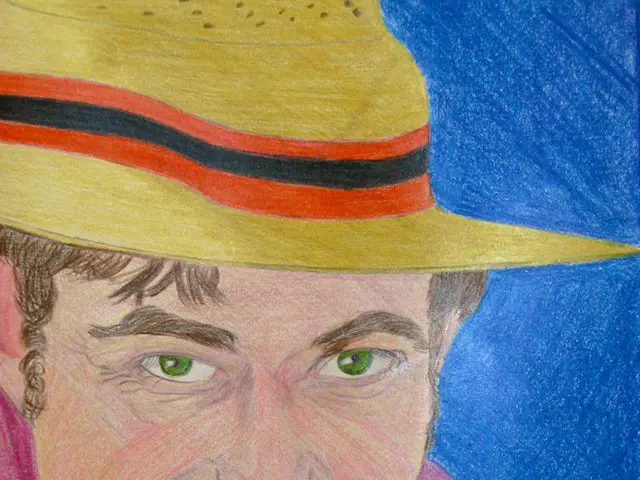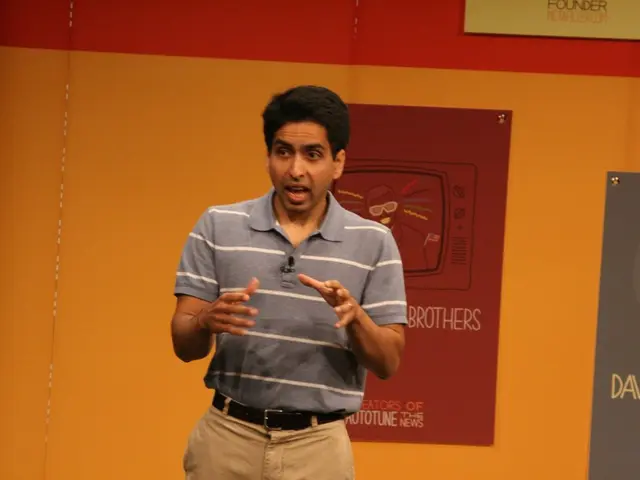Exploring Top 10 Remarkable Sci-Fi Novels Set in Ideal Societies
Utopian visions of the future grace the pages of science fiction, painting a landscape beyond catastrophe and dystopia--one populated by harmony, cooperation, and hope. These genres challenge prevailing notions about human societies, offering prospects for constructive, sustainable, and peaceful coexistence. The following ten books delve into utopian worlds, each presenting a unique glimpse into the possibilities of a better society.
- "The Dispossessed" by Ursula K. Le Guin This profound novel portrays two starkly contrasting planets: Anarres, a society grounded in anarchist and communal values, and Urras, a world defined by material wealth and hierarchy. Shevek, a brilliant physicist struggling to reconcile ideals with reality, guides readers through the societal intricacies of these worlds, sparking debate on freedom, property, and social responsibility. Le Guin's exploration offers political insight and a thoughtful blueprint for functionality in utopian societies.
- "Herland" by Charlotte Perkins Gilman A literary pioneer, Gilman crafted the tale of three male adventurers who discover an all-female society. Set in isolation, this community thrives without violence, war, or conflict, emphasizing education, cooperation, and environmental balance. Herland critiques established gender roles and introduces the possibilities of constructing a world shaped by different values.
- "Walden Two" by B.F. Skinner Drawing on behavioral science, Skinner introduces a planned community in which behavior is shaped to foster harmony, creativity, and personal fulfillment. This exploration of positive reinforcement and social engineering encourages readers to consider the practicality of cultivating freedom and happiness through scientific means.
- "Consider Phlebas (Culture Series Book 1)" by Iain M. Banks This book serves as the first installment in a post-scarcity galactic civilization series led by artificial intelligences and guided by egalitarian principles. The Culture presents a thought-provoking contrast between its benevolent society and aggressive, hierarchical civilizations. Through these interactions, readers reflect on the interplay between power, morality, and advanced technology.
- "Woman on the Edge of Time" by Marge Piercy Based in the early 1970s, this novel chronicles the experiences of Connie Ramos, a woman institutionalized in a dystopian world, who undergoes visions of a future society that embraces communal responsibility, ecological sustainability, and gender fluidity. Woman on the Edge of Time stands as a powerful provocation for readers, inviting reflection on systemic change and a reimagined future.
- "Looking Backward: 2000-1887" by Edward Bellamy This time-travel novel follows Julian West as he awakes in a future United States that has evolved into a peaceful and cooperative society based on socialist principles. Industrial and social reform have eradicated poverty and class division, establishing a centralized economic system that offers a lasting impact on the Utopian fiction genre.
- "Island" by Aldous Huxley Countering his dystopian Brave New World, Huxley presents Pala--an island society that embodies modern science, Buddhist values, and environmental awareness. Huxley's work explores the cultural and spiritual elements of functioning utopias, including education methods and mindfulness practices. Through this introspective perspective, Island invites discourse on science, psychology, and social harmony.
- "Ecotopia" by Ernest Callenbach Set on the West Coast of the United States, this novel describes a breakaway society dedicated to environmental sustainability and decentralized political systems. The story examines daily life in a society that rejects consumerism for ecological balance, serving as a touchstone for environmental and countercultural thinking.
- "The Left Hand of Darkness" by Ursula K. Le Guin On the chilly planet of Gethen, people are ambisexual, adopting male or female characteristics only during mating periods. This sociocultural distinction shapes the Gethenian society, resulting in a power structure free from gender inequality. Though not traditionally a utopia, Gethen forces readers to reconsider societal norms, identity, and the parameters of a just society.
- "A Modern Utopia" by H.G. Wells In this visionary work, Wells posits a global society governed by enlightenment, efficiency, and oversight from a class of educated "samurai." The world-state encourages innovation, equality, and environmental stewardship, exploring the delicate balance between structure and flexibility in utopian ideals.
These ten compelling works affirm that utopias in science fiction transcend perfect societies, functioning as platforms for contemplating better futures. Whether through behavioral design, technological abundance, or reimagined social roles, these stories challenge readers to ponder various aspects of harmonious, sustainable, and equitable coexistence. The enduring allure of utopianism in science fiction provides invaluable perspectives for those seeking a future that emphasizes harmony rather than collapse.
- In "A Modern Utopia" by H.G. Wells, the protagonist envisions a world-state where innovation, equality, and environmental stewardship thrive, prompting readers to ponder the balance between structure and flexibility in achieving a harmonious, sustainable, and equitable coexistence.
- "The Space Odyssey Series" by Arthur C. Clarke delves into a future where space technology and exploration bring about groundbreaking discoveries and societal change, merging the worlds of space economy, entertainment, and science fiction, offering a thought-provoking journey into the possibilities of a better space-age society.








